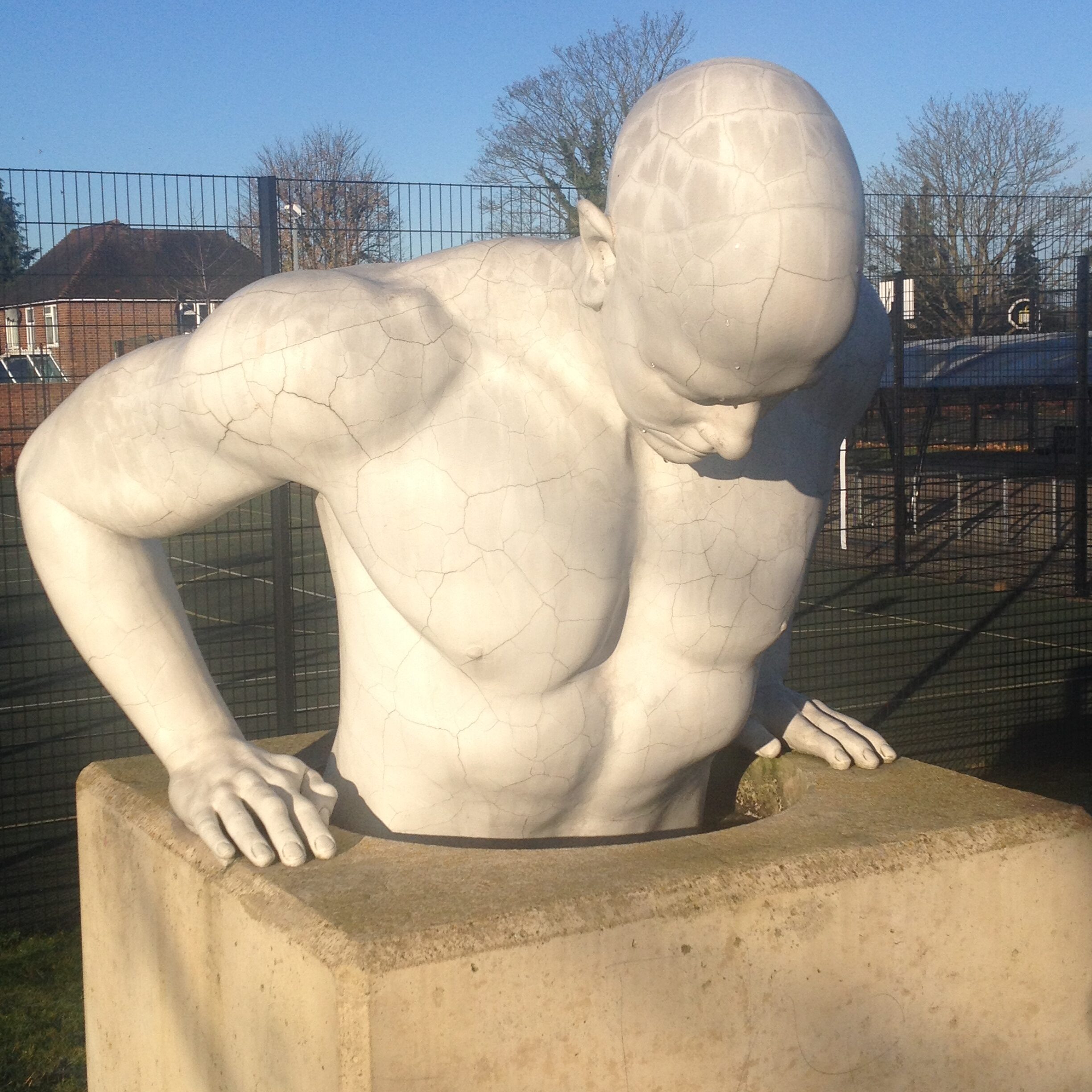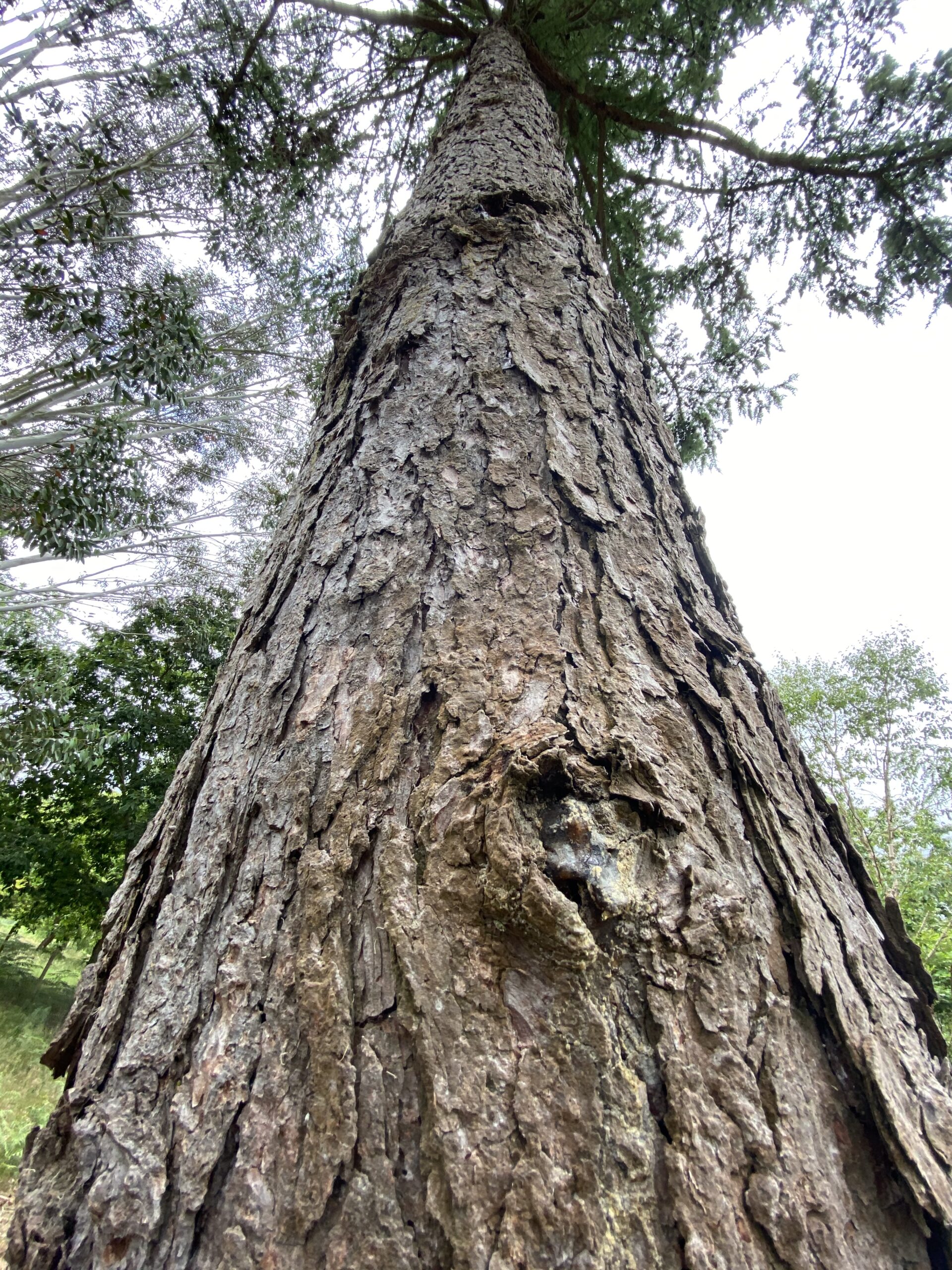This blog is about writing and arguing while doing my PhD thesis. Being half way through in my research, it is a good time to step back and consider the context of my writing before moving to final stage of writing the whole thesis. In the last years of my doctoral study, I have not stopped reading, making notes, seeking to learn critically from my supervisors, asking questions ‘about my disposition to writing and its effects, about the ways I structure language and the action it supports’ (Thomson & Kamler 2016:2). I have read that writing ‘is a complex social act, requiring multiply evaluative criteria to be met, and entailing the deeply personal and thus potentially emotionally challenging construction of identity and negotiation of deeply meaningful values’ (Carter et. al. 2012: 30). I write this blog to identify these values and explore my own reflexivity, and where it stands in writing for my thesis.
Some believe that we research or find and then we just do words about things we already know. I do not support this idea. I trust the process of learning through writing and research. In my unique and simultaneously common to other emerging researchers’ difficulties, the actual research process is related to one typical challenge faced by many doctoral researchers: making a coherent thesis and fitting it into a scientific structure. I find coherence being important in exploring the essence of writing in research and writing as research. The messiness of doing a doctoral research requires reflexive awareness because it is ‘surprisingly easy to lose track of the central thread’ (Swetnam 2003: 89) and forget what you argue for. On the other side, the clarity of the argument makes a coherent thesis. Thesis is not a personal statement; it is a public statement to a defined (and previously untouched) problem in specific field(s) of knowledge. Examiners tend to be broadly consistent in their practices and recommendations and make their judgements depending on whether a thesis is typical for the field of knowledge (Golding 2017). As such, I recognise cultural studies as the field of my research. However, I need to become more concise about the outcome and which public conversation I want to contribute to.
Whether museums and sharing heritage matter to those young people living in socially disadvantaged circumstances is the subject of my doctoral study. The power dynamics that interplay in the interconnections of museums with young people on the margins of society tend to categorise them into a homogenised subordinated group. Since the early stages of my doctoral study, I have been reviewing the blurring lines of defining young people as being ‘at risk’ and/or ‘as a risk’, when museums set up provision for this demographic. The concept of risk was not part of my initial inquiry and added in my problematization after the initial readings. The fact that I have paid attention to this concept from social sciences did not happen in a vacuum; it came from my preliminary studies in Social Work. This concept has helped me to understand how young people are positioned as being culturally deficient ‘lacking’ access to ‘important’ museum institutions. In exploring the value of cultural programmes to facilitate agency and participation of young people in care, Gisbon and Edwards found ‘a dominating conception of risk, which placed limits upon what these young people are able to do (my emphasis); these discursive constructions around cultural value and risk call into question the emancipatory agendas informing cultural practice, at least, with young people in care’ (2016: 199), while pointing at the limitations of ‘youth work’ in museums.
Sociological thinking and cultural theories (including Bourdieu and Bennet among others) support my qualitative research. This approach has so far allowed me to write specific things more coherently and prolifically and contribute to current understandings of young people in the world of museum. My purpose is to shed light to patterns of co-option and tension between different discourses in the cultural practices of museums for (or with) young people deemed as being ‘at risk’ and examine how they shape young people’s perceptions and experiences.
Writing for readers, either examiners or the public, is a wise advice about writing for thesis; ‘writing is about clarifying, capturing meaning, crafting, honing. It’s hard work some of the time. But it’s possible to acknowledge the difficulty of writing and still be in charge’ (Thomson & Kamler 2016:8) and continue writing knowing the readers who would benefit from my research. In my case, readers of the wider cultural sector.
References
Carter, S., Kelly, F., & Brailsford, I. (2012). Structuring your research thesis. Palgrave Macmillan.
Gibson, L. and Edwards, D. (2016) Facilitated participation: cultural value, risk and the agency of young people in care, Cultural Trends, 25 (3), pp. 194-204.
Golding C. (2017) Advice for writing a thesis (based on what examiners do), Open Review of Educational Research, 4:1, pp. 46-60.
Swetnam, D. (2003). How to-Write Your Dissertation: A Practical Survival Guide for Students. How to books.
Thomson, P., & Kamler, B. (2016). Detox your writing: Strategies for doctoral researchers. Routledge.













